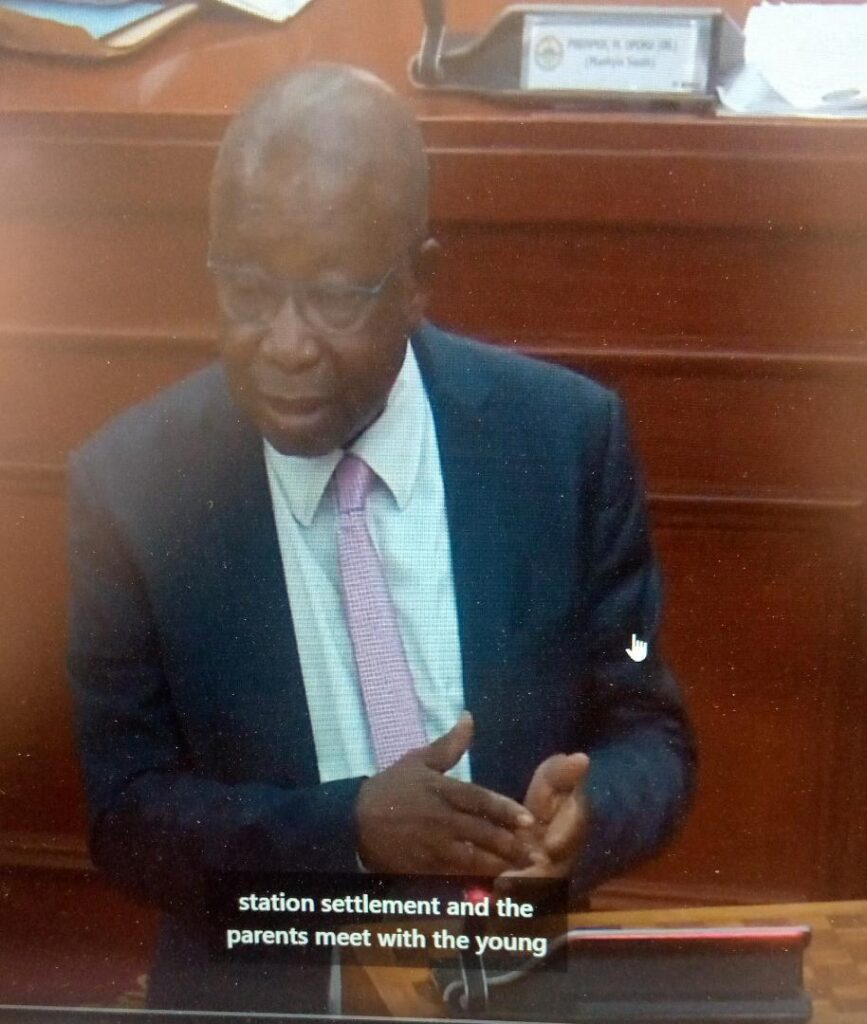The Upper East and Ahafo remains top on list of teenage pregnancy prevalence rate in the country, according to statistics indicated by the Minister of Health, Kwaku Agyemang-Manu.
The two regions have maintained this position since 2016.
The national prevalence rate is currently is 11.2 percent with Upper East leading the regional prevalence rate at 15.4 percent as against 15.9 percent in 2016. The Ahafo region in 2016 had the prevalence rate of 14.6 percentage, which has come down to 11.2 percent in 2020.
These was shared at Wednesday’s parliamentary sitting when the Health Minister updated the house on health related issues.
MP for North Tongu Samuel Okudjeto Ablakwa on behalf of Thomas Apem Nyarko, MP for Asuogyaman, asked why the two regions continue to register high cases of teenage pregnancy and if there are measure to arrest the menace.
Mr. Agyemang-Manu cited the lack of education on safe sex, adolescent dropping out of school due to financial constraints among other social challenges in these area and generally, as being responsible for the increase in the spate of teenage pregnancy and teenage motherhood.
Mr. Ablakwa implied that perhaps no efforts are made to identify and punish people who take advantage of minors.
In his response the minister said his ministry collaborates with the Social Services Department of the Ministry of Gender, in handling these cases and in some instances parents or relatives ask for “out of police stations settlements.”
On whether there is national elimination target that country is working towards, Mr. Agyemang-Manu says he would need to consult the Ghana Health Service.
Meanwhile, the minister read out some government actions taken to curb the growing trends in teenage pregnancy and teenage motherhood in Ghana.
1. Developed a manual to build capacity of service providers to provide accurate health information to young people to enable them prevent having indiscriminate sex.
2. Instituted Community Based Sexual Reproduction Health and Nutrition Program for out of school adolescents.
3. Trained young people as Peer Support Service Providers to give non-clinical health services and information to their peers.
4. There is also the You Must Know (YMK) Mobile App, which have social and behavior change communication materials and online counselors to provide real time education on pregnancy prevention and safe sex.
